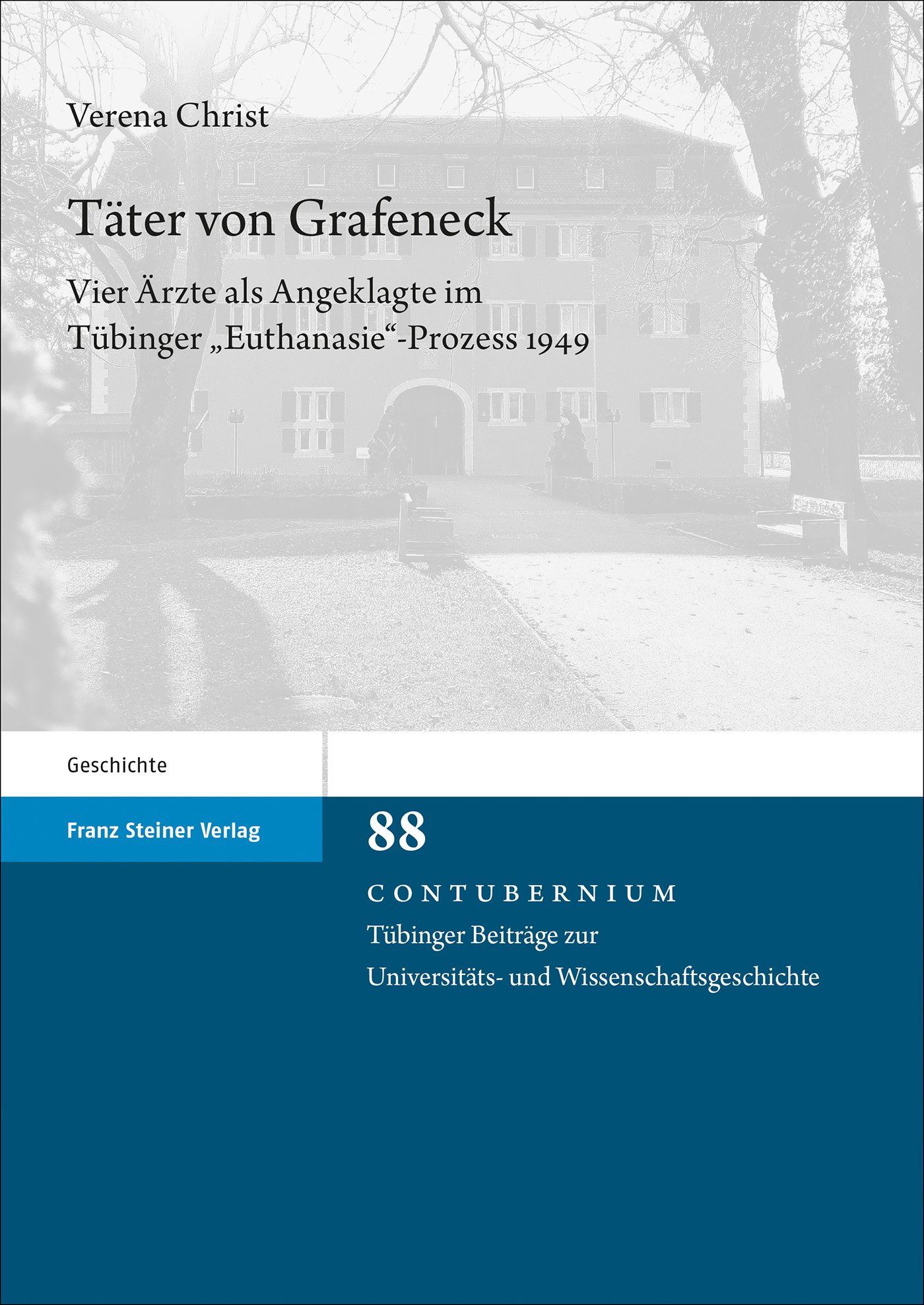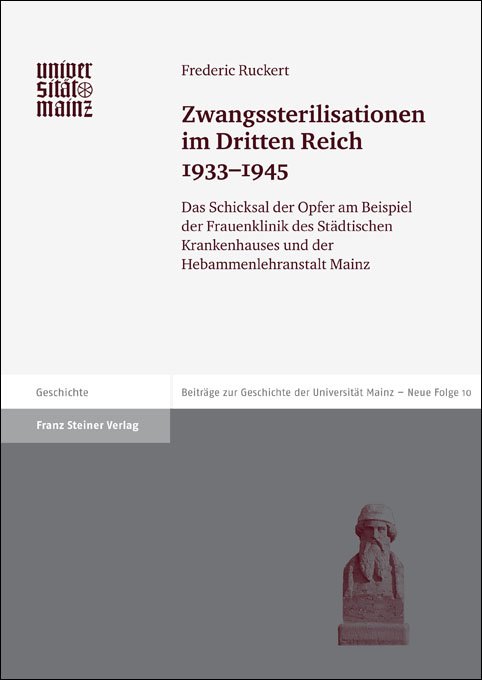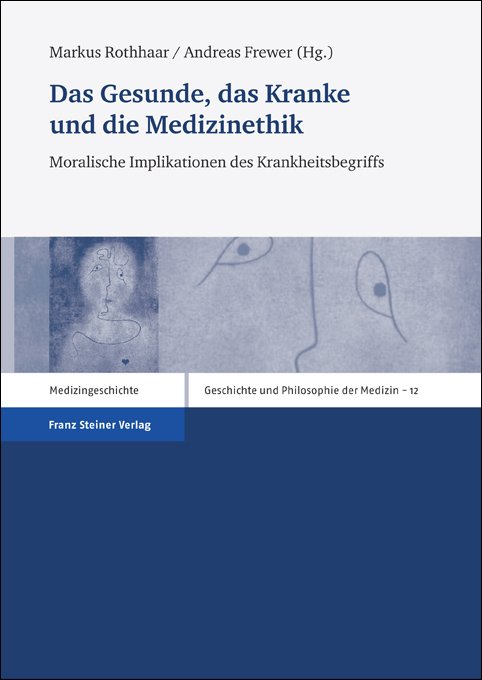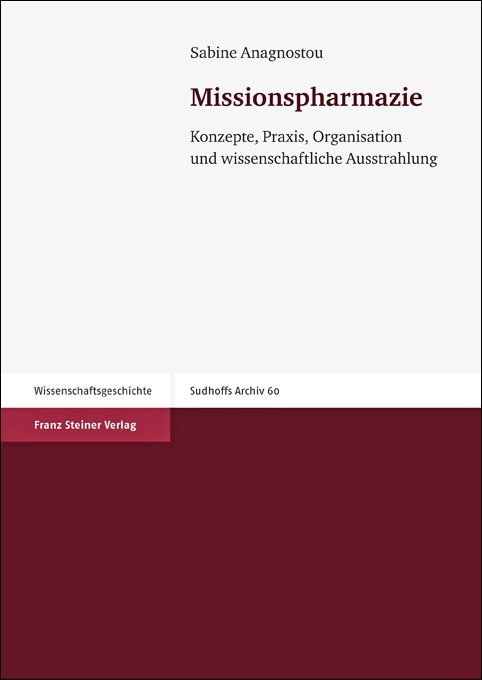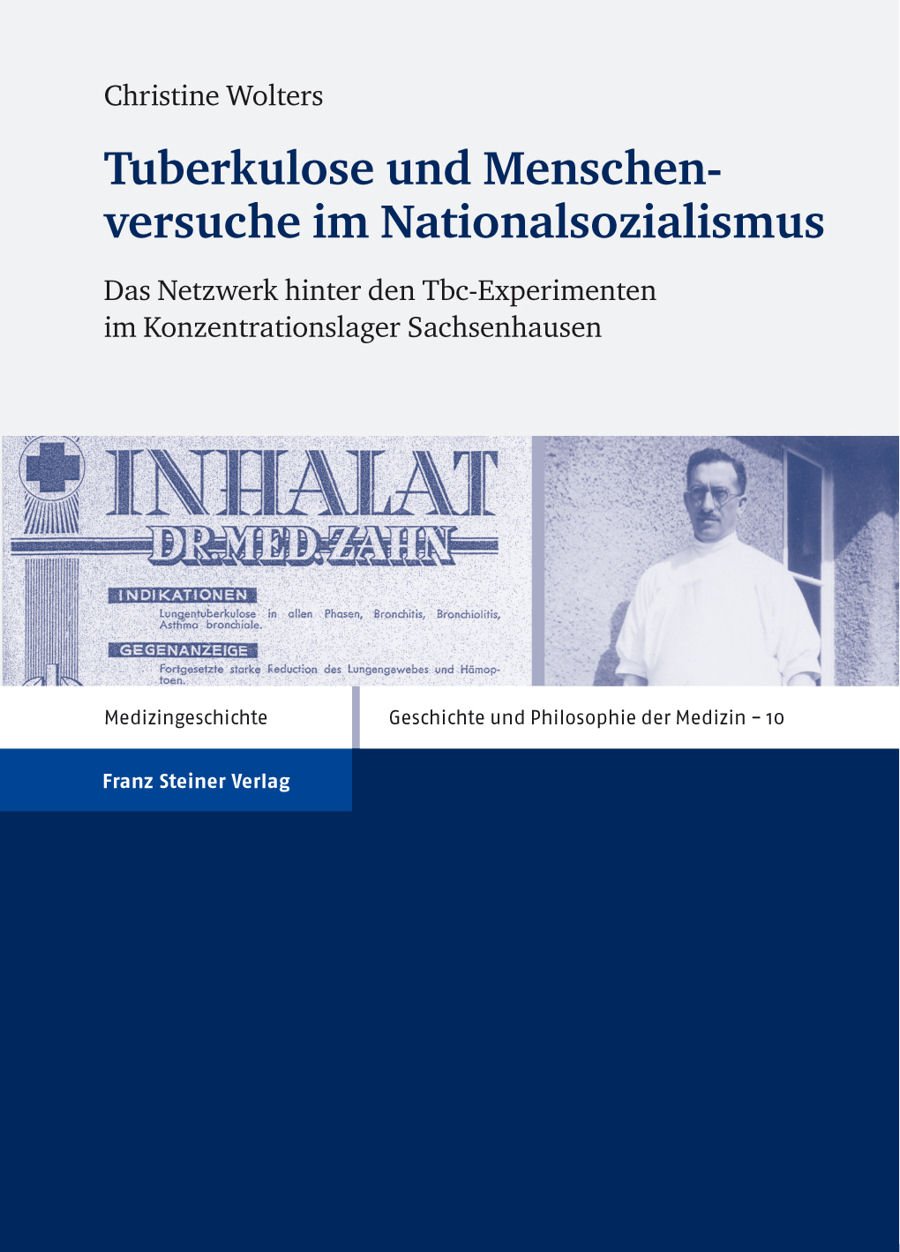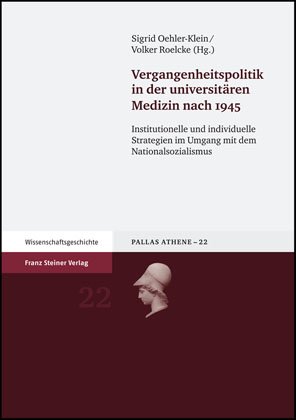Medizinethik im Nationalsozialismus
Medizinethik im Nationalsozialismus
Die Geschichte der Medizin und die Hygiene waren weitere Fächer, die eine spezifisch nationalsozialistische Medizinethik vermittelten: Rudolf Ramm, Bernward J. Gottlieb und Joachim Mrugowsky deuteten die traditionelle ärztliche Moral um und stellten sie in den Dienst nationalsozialistischer Politik. Auf der Basis unveröffentlichter Quellen und Lebensläufe zeigt der Autor, wie Medizinethik für inhumane Zwecke manipuliert und instrumentalisiert werden kann – eine Gefahr, die bis in die Gegenwart hineinreicht.
Our present day debates on medical ethics are still shaped by the history of Nazi medical atrocities. One could assume that Nazi medicine was a form of medicine without ethics, yet closer scrutiny reveals that during the Second World War medical ethics became, for the first time, a compulsory subject for German medical students. Medical ethicists like Rudolf Ramm, Bernward J. Gottlieb or Joachim Mrugowsky, himself later convicted at Nuremberg, conveyed specific ideological aspects of Nazi medicine. They reinterpreted traditional medical ethics, and instrumentalized the field of medical history in order to legitimise the killing of mentally and physically handicapped in the "euthanasia" programme, and justify lethal experiments on human beings. Based on unpublished sources and biographies, this study shows how medical ethics can become a tool of previously unimaginable and criminal medical behaviour – a danger that is still relevant for us today.
| ISBN | 978-3-515-09567-9 |
|---|---|
| Media type | eBook - PDF |
| Edition number | 1. |
| Copyright year | 2009 |
| Publisher | Franz Steiner Verlag |
| Length | 225 pages |
| Illustrations | 21 b/w figs., 4 b/w tables |
| Language | German |
| Copy protection | digital watermark |

